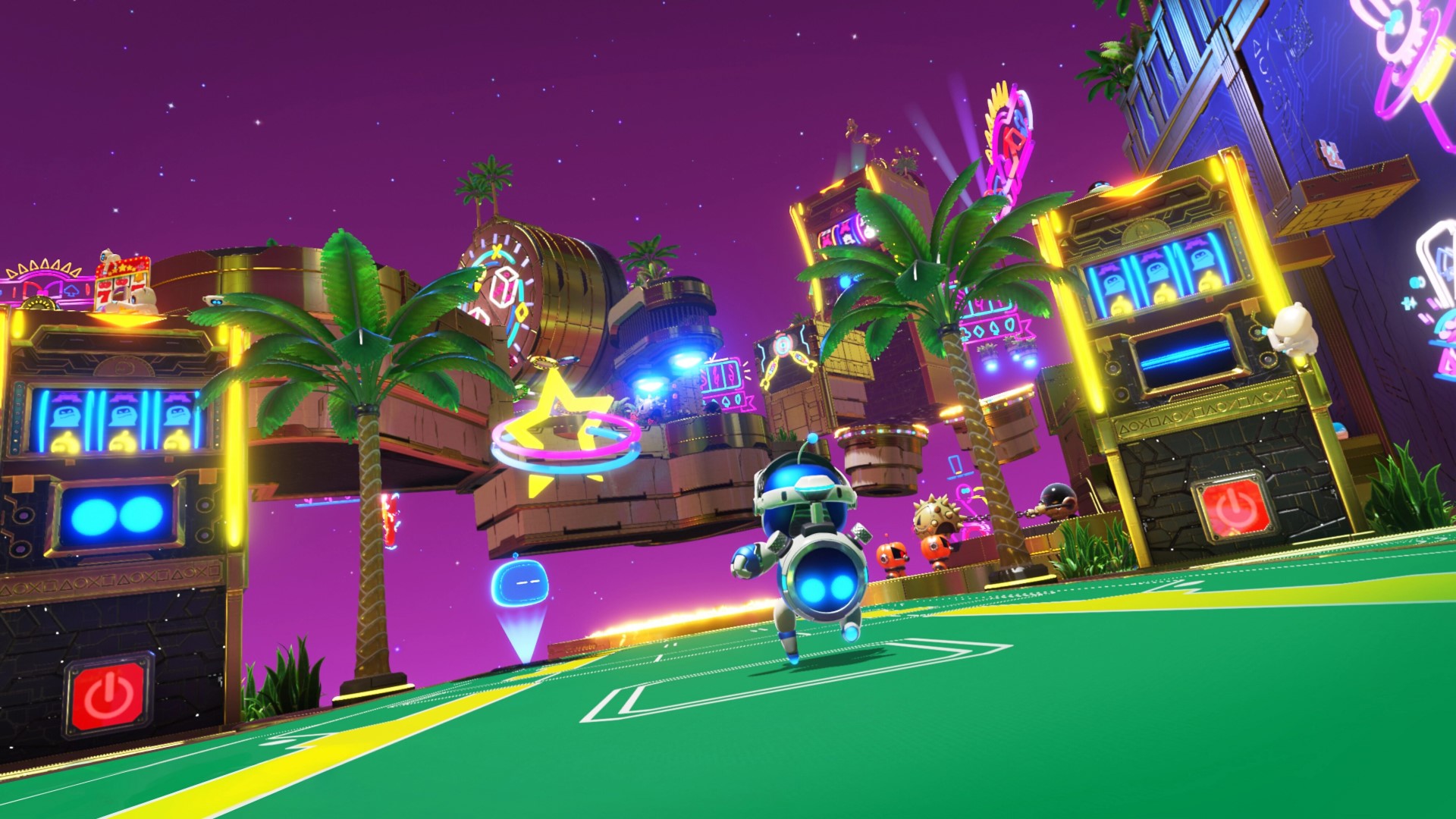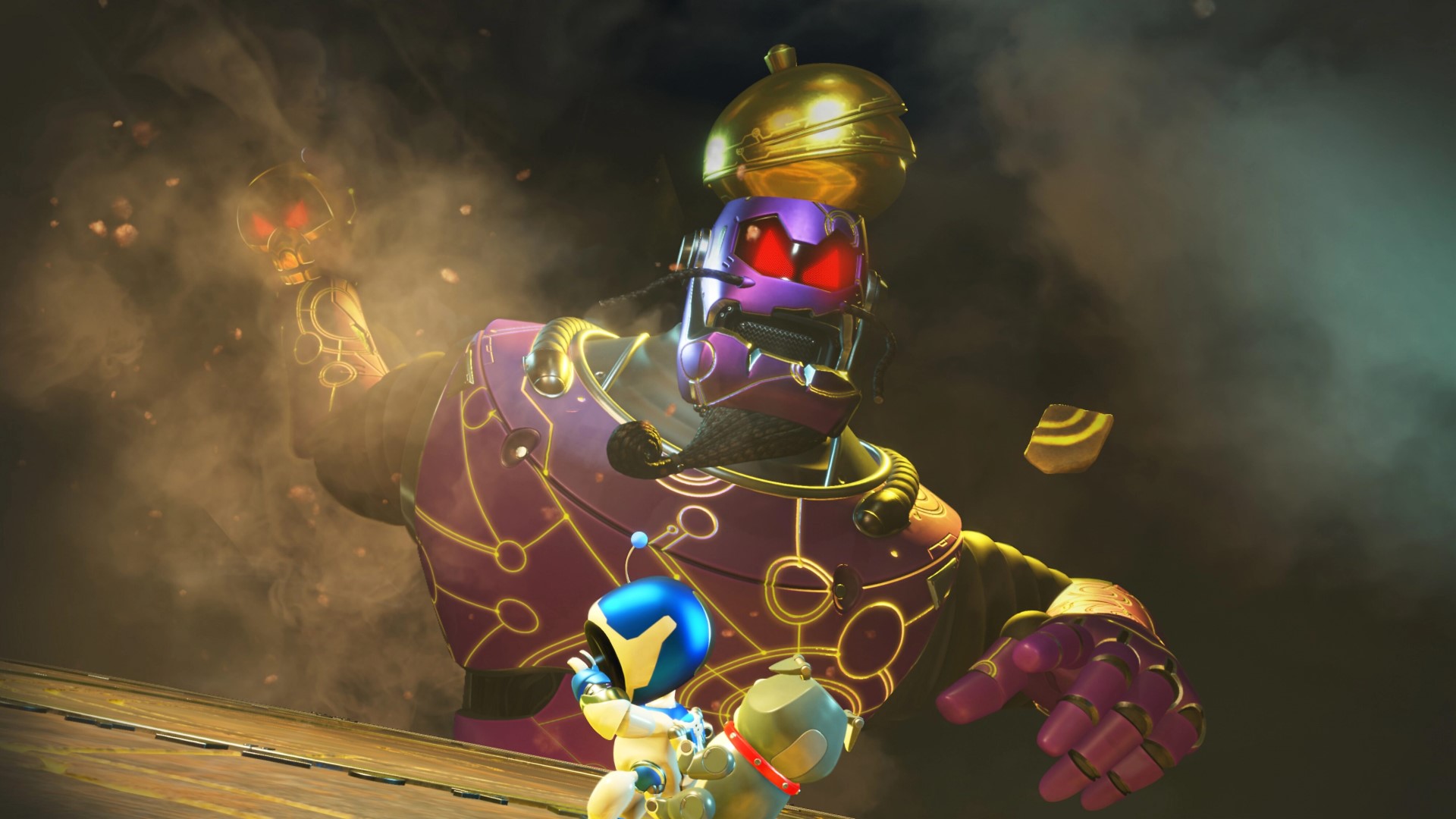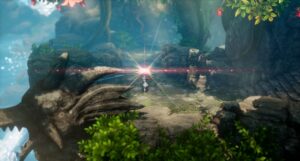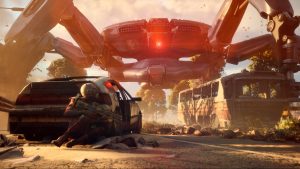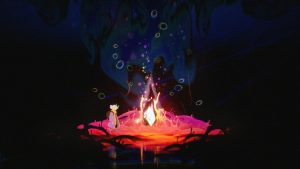
That 2024 has been interesting for video games would be an understatement. There were successes, like Black Myth: Wukong, that, even with the hype, no one could have predicted would sell 18 million copies in just two weeks. Similarly, there have been failures which, even earmarked to sink, did even worse than we could imagine (you know which ones).
However, Sony has arguably had the most bizarre adventure out of all the companies. It admitted last February that it didn’t have “any new major existing franchise titles” until post-March 31st, 2025, which dashed hopes for fans of many a beloved IP.
Its infamous May State of Play included Fairgame$ and Concord front and center – both live service, made all the more baffling after it laid off 900 employees several months prior. It also shut down Sony London, working on a live service title, and this was only a couple of months after Naughty Dog cancelled its standalone multiplayer title for The Last of Us.
Of course, we all know what happened – Concord flopped miserably, reportedly selling only 25,000 units. Firewalk Studios pulled it from sale, and servers went offline as it investigated options. It’s a disaster, plain and simple, and we still have no clue what Sony’s plans are for the future. The live service agenda hasn’t transitioned into a total moratorium since Fairgame$ is still coming, but it’s nowhere near the initial ambition.
Yet in the same week as one of its biggest live service failures, whose player base at launch (at least on Steam) was so bad it puts the likes of Redfall and Suicide Squad: Kill the Justice League to shame, Sony released Astro Bot. And suddenly, something very important was reinforced for long-time fans and perhaps company higher-ups: Sony is very good at making single-player games. Shocking, I know.
Developed by Team Asobi, formed after Sony scuttled its first-party Japan Studio, Astro Bot retails for $59.99. It has no multiplayer or micro-transactions, as stated well before its launch. There are no live-service elements; the only post-launch support confirmed thus far is free challenge stages and speedrun levels (at least ten of the former and five of the latter) coming later this year. No dailies. No XP boosters. No premium currency, no store for buying cosmetics, no Battle Pass or tier skips or Prisms or any of that, and no always online requirement.
There is gacha, courtesy of the Gatcha Lab, but it’s a sink for all the Coins collected throughout the game. They have no gameplay implications outside of unlocking new animations and cosmetics for the VIP Bots. No word yet on whether the drop rates are competitive with other games, but there’s no risk of crippling debt at least.
While sales are unknown, Astro Bot is currently the highest-rated game on Metacritic for the year, scoring a 94 based on 115 critical reviews. Elden Ring’s Shadow of the Erdtree is technically above it, but that’s an expansion. It’s currently rated above Final Fantasy 7 Rebirth, Animal Well, Tekken 8, Like a Dragon: Infinite Wealth, Dragon’s Dogma 2, Helldivers 2, and more.
Perhaps the craziest thing about it is that compared to many of those titles and several of Sony’s biggest exclusives, Astro Bot isn’t a triple-A production. Team Asobi consists of 60 developers who created it in three years, clearly aiming to expand on the gameplay of Astro’s Playroom. While the budget is unknown, it likely pales to The Last of Us Part 2, which cost $220 million to develop, or Horizon Forbidden West and its $212 million cost.
Of course, it’s not a massive experience – studio president and creative director Nicolas Doucet talked about how it takes about 12 to 15 hours to finish. Even if you spend time collecting the +300 Bots in the game, you’re still looking at an average of 14.5 hours per HowLongToBeat.com, but that’s fully intended.
As Doucet noted in an interview with Julien Chièze, “We want to really make a game in which the tempo is constant throughout and that each level is the same quality rather than having moments that are actually a little long.” The team even told Edge magazine that it stuck with a level-based structure despite considering an open-world approach since that would allow for the “most control over the game’s variety.”
One question that comes to mind is: Why doesn’t Sony make more 3D platformers in the same vein? It does have a wealth of IPs like Jak and Daxter, Sly Cooper, and of course, LittleBigPlanet. But the plan over the years has always been to budget towards triple-A productions with cinematic campaigns, massive worlds (semi-open and open), gorgeous visuals, and dozens of hours of gameplay. Those have historically been some of the biggest money-makers, and while there’s a case for scaling down and focusing on shorter titles, Sony’s biggest strength is single-player titles.
Yes, the live-service revenue is appealing. Just ask EA, Nexon, 2K, Rockstar, Warner Bros. and Microsoft. It’s not just that video games are expensive to develop, often stated to justify the sheer amount of monetization. It’s the appeal of having a constant revenue stream for years.
Problems arise when you consider that the market is over-saturated, with too many options. Then there’s the fact that several of these titles either don’t have the infrastructure to support years of updates or aren’t very good out of the gate. Say what you will about the backlash against Concord’s initial reveal, but it didn’t review well either. Everyone loves a good redemption story, but you can only take the plunge so many times before demanding a good experience out of the gate.
Maybe Astro Bot won’t be that big of a success for Sony. Perhaps it won’t move tens of millions of copies to compete with the publisher’s best, like, unfortunately, Ratchet and Clank: Rift Apart, which sold “only” four million copies as of June 2023. Maybe, as Sony’s marketing keeps telling us, it’s just meant to celebrate the company’s 30th anniversary while offering an excellent, one-and-done 3D platformer before it moves on to the real big-budget games.
Regardless of its budget and resources – and for the record, it’s still a gorgeous game with immaculate production values – Astro reinforces that Sony’s greatest success lies in single-player projects. It reminds us that video games don’t need to last for years and years or have extensive roadmaps that are subject to change or outright cancellation based on market forces.
You can have a campaign, a linear one at that, with enjoyable gameplay, and it will resonate with your player base. It may even get Xbox and Nintendo players to see what the fuss is about. You know, like every other generation of PlayStation console.
Whatever the basis for its original live-service plan, the fact that it doesn’t work for Sony is clear. Hopefully, the extensive acclaim for Astro Bot reminds the company of its strengths. Celebrating 30 years of PlayStation is great – more people need to be aware of the franchises that made the brand what it is today and why so many feel nostalgic for the good ol’ days. However, delivering games that cater to both audiences while existing as excellent single-player experiences in their own right would be even better.
Note: The views expressed in this article are those of the author and do not necessarily represent the views of, and should not be attributed to, GamingBolt as an organization.








